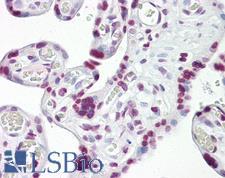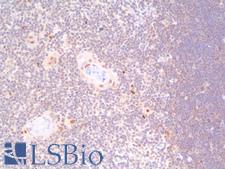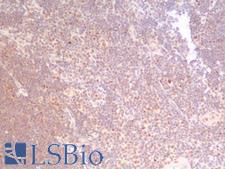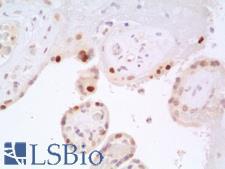Login
Registration enables users to use special features of this website, such as past
order histories, retained contact details for faster checkout, review submissions, and special promotions.
order histories, retained contact details for faster checkout, review submissions, and special promotions.
Forgot password?
Registration enables users to use special features of this website, such as past
order histories, retained contact details for faster checkout, review submissions, and special promotions.
order histories, retained contact details for faster checkout, review submissions, and special promotions.
Quick Order
Products
Antibodies
ELISA and Assay Kits
Research Areas
Infectious Disease
Resources
Purchasing
Reference Material
Contact Us
Location
Corporate Headquarters
Vector Laboratories, Inc.
6737 Mowry Ave
Newark, CA 94560
United States
Telephone Numbers
Customer Service: (800) 227-6666 / (650) 697-3600
Contact Us
Additional Contact Details
Login
Registration enables users to use special features of this website, such as past
order histories, retained contact details for faster checkout, review submissions, and special promotions.
order histories, retained contact details for faster checkout, review submissions, and special promotions.
Forgot password?
Registration enables users to use special features of this website, such as past
order histories, retained contact details for faster checkout, review submissions, and special promotions.
order histories, retained contact details for faster checkout, review submissions, and special promotions.
Quick Order
PathPlusTM TP53 / p53 Antibodies
TP53 is a tumor suppressor, repair gene and transcriptional regulator, and it is considered the most frequently mutated gene in cancer. Germline mutations in TP53 lead to Li-Fraumeni syndrome and cancer, including early-onset colorectal cancer. Antibodies are used to identify both wild-type and mutant TP53 and its accumulation in various neoplasias, and have strong staining in tumors with mutations that stabilize the protein. TP53 stains positively in breast, lung and endometrial carcinoma, follicular and mantle cell lymphoma, serous ovarian carcinoma, transitional cell carcinoma of the bladder and colorectal adenocarcinoma. TP53 is also often overexpressed in colorectal dysplasia resulting from ulcerative colitis. In normal tissue, TP53 has weak nuclear staining in fractions of cells in most tissues.
References: Genome Res. 2017 Oct;27(10):1645-1657, PMID: 28904012; JAMA Oncol. 2015 May;1(2):214-21, PMID: 26086041; Int J Mol Sci. 2017 Jun 16;18(6). pii: E1284, PMID: 28621756
4 PathPlusTM Antibodies




☰ Filters
Products
Antibodies
(4)
Type
Primary
(4)
Target
TP53 / p53
(4)
Reactivity
Human
(4)
Mouse
(1)
Rat
(1)
Application
IHC
(1)
IHC-P
(4)
WB
(4)
ELISA
(1)
IF
(1)
Peptide-ELISA
(1)
Host
rabbit
(1)
mouse
(3)
Product Group
PathPlus Cancer
(4)
PathPlus Cancer Pathology
(4)
Isotype
IgG
(1)
IgG1
(1)
IgG1,k
(1)
IgG2b
(1)
Clonality
monoclonal mc
(1)
polyclonal pc
(1)
recombinant monoclonal rmc
(2)
Clone
rBP53-12
(1)
rTP53/1739
(1)
Format
Concentrated
(1)
Unconjugated
(4)
Epitope
aa283-332
(1)
Publications
No
(3)
Yes
(1)

Cancer Pathology
Cancer
TP53 / p53 Rabbit anti-Human Polyclonal (aa283-332) Antibody
Mouse, Rat, Human
IF, IHC, IHC-P, Peptide-ELISA, WB
Unconjugated
50 µl/$460

Cancer Pathology
Cancer
TP53 / p53 Mouse anti-Human Recombinant Monoclonal (rTP53/1739) Antibody
Human
IHC-P, WB
Unconjugated
100 µg/$525

Cancer Pathology
Cancer
TP53 / p53 Mouse anti-Human Recombinant Monoclonal (rBP53-12) Antibody
Human
IHC-P, WB
Unconjugated
100 µg/$525

Cancer Pathology
Cancer
TP53 / p53 Mouse anti-Human Monoclonal (Concentrated) Antibody
Human
ELISA, IHC-P, WB
Unconjugated, Concentrated
0.05 ml/$375
Viewing 1-4
of 4
product results










